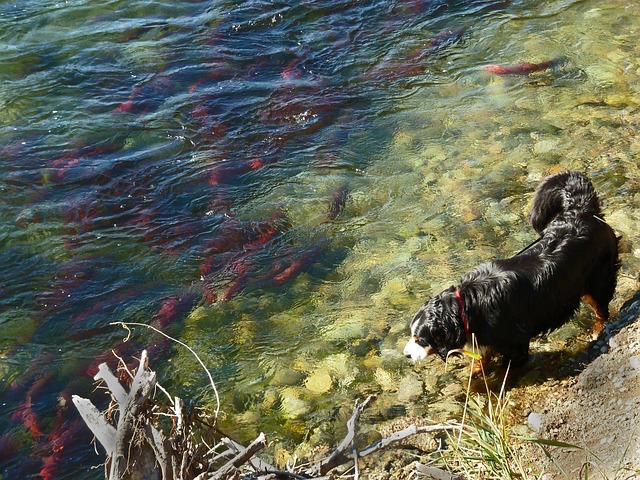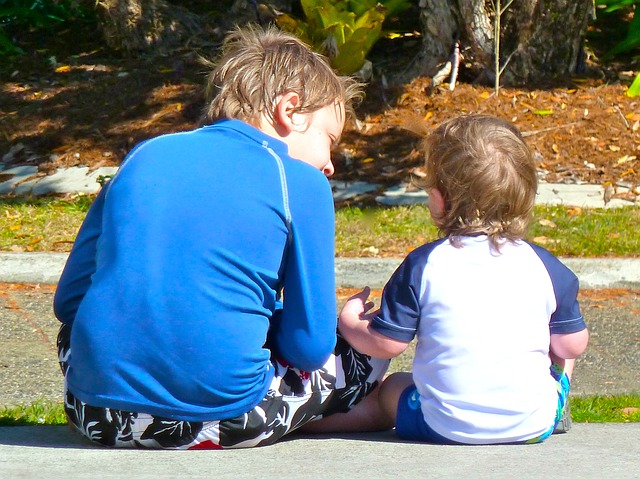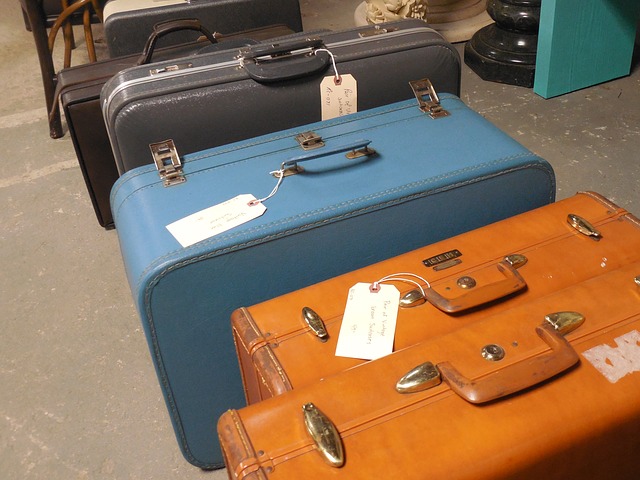Level 2 adjectives – Unit 03

aware: knowing about
Are you aware that your car is unlocked?
He wasn’t aware of the person following him.
crucial: extremely important
It is crucial that you arrive at the meeting on time.
Peace talks are crucial to the future of that region.
dense: crowded, tightly together
The West End of Vancouver has a dense population.
The forest was so dense that it was difficult to pass through.
fundamental: basic, most important
The simple present tense is a fundamental part of the English language.
Oil is a fundamental component of plastic.
hazy: smoggy, polluted, not clear
It was a hazy summer day in August when he arrived in the city.
My memory of that day is hazy.
initial: first, beginning
His initial choice was to believe her because she had never lied before.
Her initial reaction was to laugh although it was a serious situation.
legible: able to be read
The doctor’s signature was not very legible.
The teacher’s writing is not legible from the back of the room.
partial: only part of (something bigger)
He didn’t have this month’s rent, so he made a partial payment.
The police found a partial fingerprint on the window.
repetitive: repeated, happening again and again
He didn’t like his job because it was boring and repetitive.
There was a repetitive noise coming from the neighbor’s house.
rusty: not very good, needing a lot of practice
She sat down at the piano, but because she was rusty, she didn’t play very well.
I haven’t spoken Spanish in years, so I’m a little rusty.
sensible: having good judgement,
He was not being sensible when he went outside in the rain without a coat.
The sensible thing to do is to start over and do it right this time.
talented: able to do something well and easily
They are both talented musicians.
Everyone thinks she’s a talented writer.
Pronunciation Exercise: Listen and repeat the above vocabulary on the audio file below.
Use these flashcards to help you study.
When you think you’re ready, do the following exercise.
Your Score:
Your Ranking:
© 2013 Ambien Malecot






























